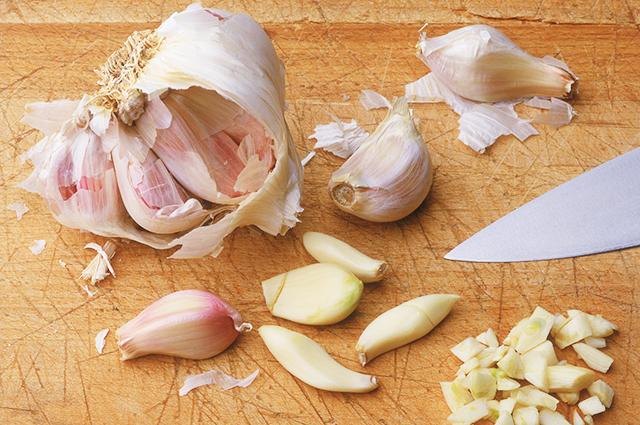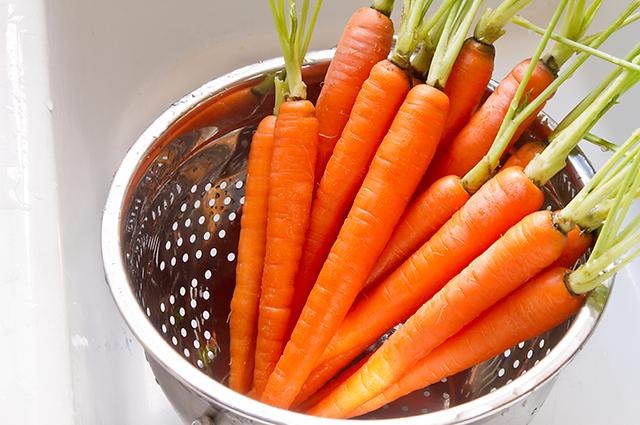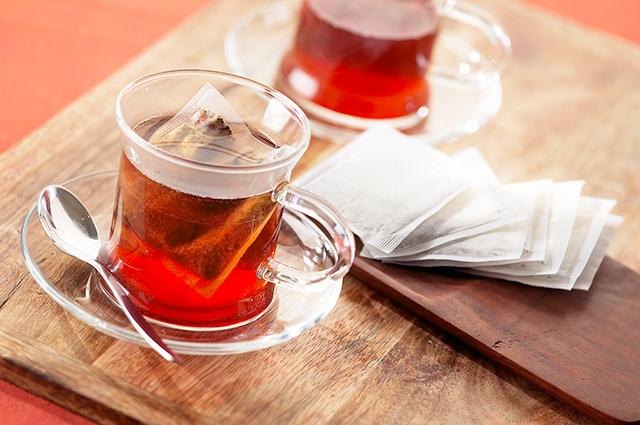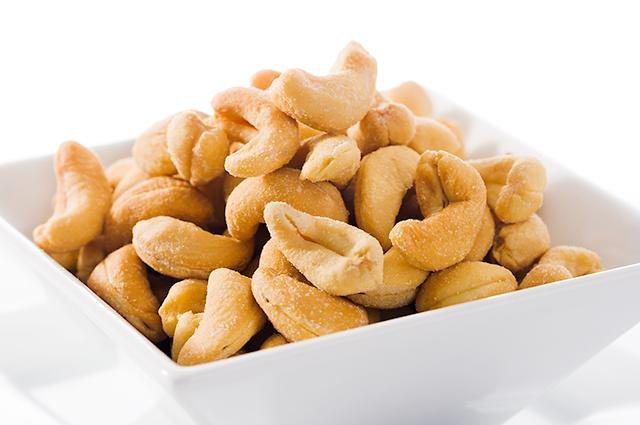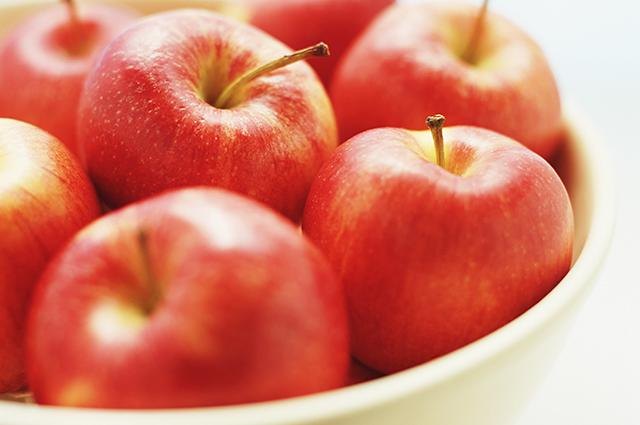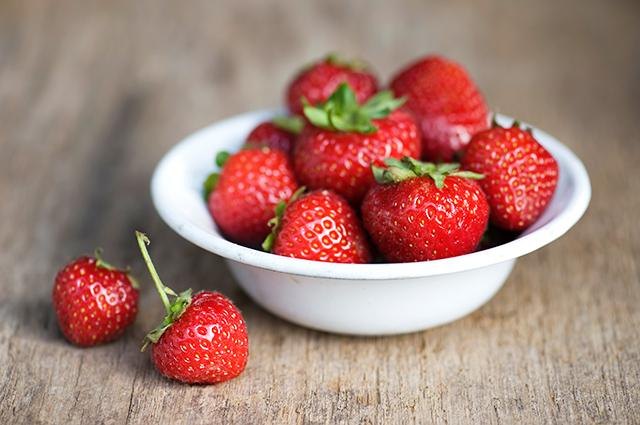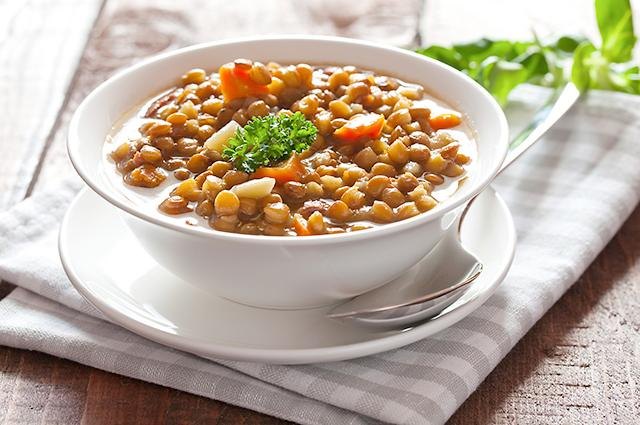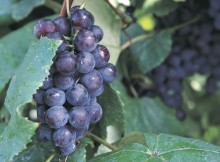Eight immune enhancing foods
Advertisements
We haven't got rid of the cold and flu season completely, so it's still important to take all measures to keep healthy. Hand washing and 6-8 hours of sleep every night help keep our immune system strong and reduce the risk of illness, but we can also make some changes in our diet to help protect ourselves during cold and flu seasons. Although there is no food that can protect against influenza virus or common cold, our suggestion is to add some of the eight immune enhancing foods to the next slide, aiming at a healthy and balanced diet.
Credit: Getty Images Advertisements folklore tells us that garlic can drive away vampires, but scare away common cold? A small clinical trial found that in a study of 146 subjects, those who took garlic supplements for 12 weeks a day had fewer days of illness. Although the results of the study are subjective, there may be no harm in adding one or two more light bulbs to dinner tonight. Carrots, as you can imagine, our skin is one of the most important defenses to protect our interior from the outside world. Keeping our skin healthy is essential, and vitamin A (contained in carrots) plays an important role in it. In addition to supporting the physical barrier, vitamin A also plays an immune enhancing role in the body. Lack of this vitamin will weaken our immune system and increase the risk of infection. How much do we need? For adults, a range of 700-900 micrograms is recommended. Other sources of vitamin A include: cabbage, broccoli, pumpkin, Hami melon, apricot, fish and sweet potato. Black tea is a common cold tea because it soothes the throat, but it may be more beneficial than initially thought. Black tea contains a small amino acid called L-theanine, which may help support the immune system. A small study at Brigham women's Hospital in Boston found that people who drank five cups of black tea a day had increased levels of interferon, which helped fight infection. Another benefit? Hydration is crucial when you are in a low mood, so tea, juice and water are good liquid choices. Credit: Getty Images credit card: Getty Images although fresh strawberries are usually food in spring or summer, frozen strawberries can also be enjoyed in colder climate in cold and flu season. We often think of oranges, but strawberries are also a good source of vitamin C, which plays an important role in supporting the immune system and helping the body fight against infection. Cantaloupe, grapefruit, kiwi fruit, tomato, green pepper and red pepper also contain vitamin C. Credit: Getty Images Credit: iStock correlation: 12 uncommon tips for fighting colds and flu Advertisements 1. Yogurt is a good source of probiotics. These healthy bacteria have always been popular, and we've all got a memo about their importance when it comes to digestion. But what does it have to do with not catching bugs? About 70% of human immune system reactions are found in our gastrointestinal tract, because when our gut contacts with external bacteria, our gut is in the first line, so maintaining gut health is essential to maintain our overall health. Garlic

5. Cashew nut is not only a delicious snack, but also a good source of zinc. When the zinc content decreases, your immune system will decline. Your body needs zinc to develop and activate T-lymphocytes, which helps the immune system respond to infection and act as a first line of defense when attacking infected cells. Other good sources of zinc include: beef, chicken, fortified grains, crabs and beans. There may be some truth to the old saying: an apple a day keeps the doctor away from you. Apples contain quercetin, a compound found in plant foods that has been shown to help reduce the prevalence of athletes during intense training. Other quercetin containing foods include onions, red wine, tea, grapes, strawberries and kale.
7. Strawberries
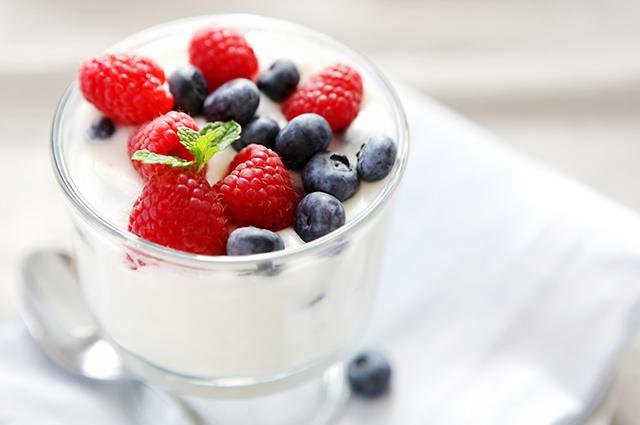
8. Like zinc, iron deficiency leads to low immune function, which increases the risk of infection and disease. In the same way, too much iron can actually block the immune system, so what's the good for you? How much money do you need? It is recommended that the daily allowance be 8 mg for adult men and 18 mg for women. For women over 50, the intake should be reduced to 8 mg. Other sources of iron include red meat, Turkey, tofu, fortified grains and lentils.
What do you think? Have you managed to avoid getting sick this year? Have you ever eaten these immune boosting foods? What advice do you have to share with the community to help them stay healthy during the cold and flu season? Please leave a comment below and let us know.
